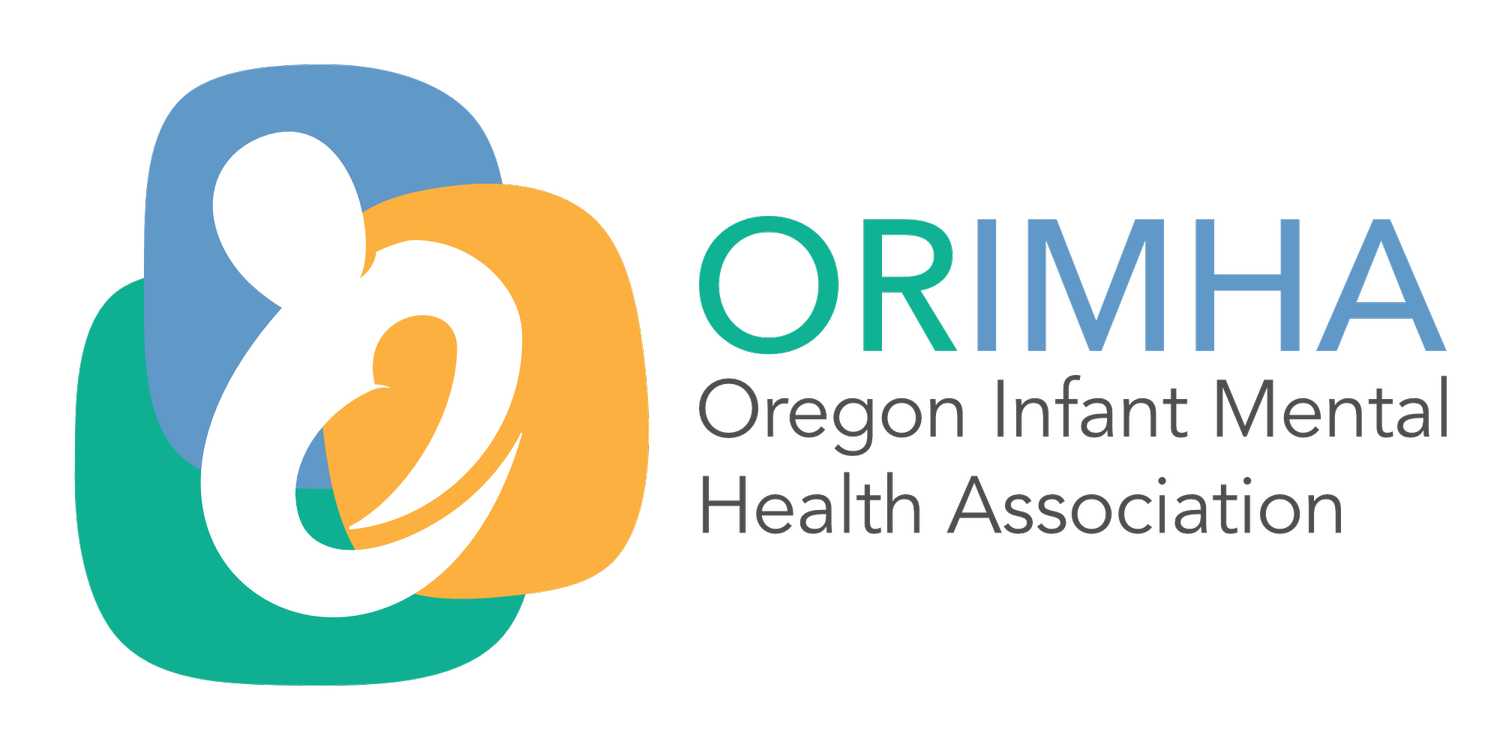
ECSEPP Glossary.
Early Childhood Suspension Expulsion Prevention Program (ECSEPP) Glossary:
Coaching
A collaborative and iterative process that is focused on building skills and competencies. Coaching is reliant on observation and feedback, goal-directed, and outcomes driven. Coaching is a partnership that occurs because both parties are willing and agree to work together. [Pyramid Model]
Cultural Humility
Cultural humility involves an ongoing process of self-exploration and self-critique combined with a willingness to learn from others. It means entering a relationship with another person with the intention of honoring their beliefs, customs, and values. It means acknowledging differences and accepting that person for who they are. [Yeager, Katherine A., and Susan Bauer-Wu. 2013. "Cultural Humility: Essential Foundation For Clinical Researchers". Applied Nursing Research 26 (4): 251-256]
Early Relational Health
Early relational health (ERH) is the state of emotional well-being that grows from the positive emotional connection that babies and toddlers and their parents experience with each other through everyday moments of caregiving and nurturing. ERH is foundational to children’s healthy growth, development, and overall well-being, as well as to promoting family resilience and protecting children and adults from the harmful effects of stress. Both science and cultural wisdom clearly tell us that strong, positive, and nurturing relationships within supportive communities create the state of ERH. [Nurture Connection]
Endorsement for Culturally Sensitive, Relationship-Focused Practice Promoting Infant and Early Childhood Mental Health (credential)
Endorsement for Culturally Sensitive, Relationship-Focused Practice Promoting Infant and Early Childhood Mental Health (Endorsement) are a set of internationally recognized credentials that support and recognize the development and proficiency of professionals who work with or on behalf of pregnant people, infants, young children (up to 6 years old), their families, and caregivers. Both the Infant Mental Health Endorsement (IMH-E®) and the Early Childhood Mental Health Endorsement (ECMH-E®) are based on a set of competencies designed to support and enhance culturally humble, relationship-based practice across disciplines and service sectors. An Endorsement applicant demonstrates acquisition of these competencies through education, work, specialized training, and reflective supervision experiences. Both IMH-E® and ECMH-E® are relevant for professionals from behavioral health, child welfare, early care and education, early intervention, home visitation, IECMH consultation, medicine, policy, program administration, research, and others. [Oregon Infant Mental Health Association]
Equity*
Working toward fair outcomes for people or groups by treating them in ways that address their unique advantages or barriers. Equity means that all young children and their families should have access to the resources and opportunities they need to reach their full, healthy potential. To achieve this goal, pro- gram administrators and policymakers need to be aware of and understand potential disparities in access to care and outcomes, and to then address these disparities.
Exclusionary practices*
Any action taken by an Early Care and Education Provider that
limits the enrollment, participation, or attendance of a child due to the child's ability, specialized needs, or behavior.
Expulsion*
Permanently dismissing a young child from the early care and education program.
Implicit Bias
Snap judgements we make about people and situations based upon years of subconscious socialization. Implicit biases are not deliberately or consciously created. They are unintended, subtle, and subconscious associations learned through past experiences. Implicit biases are thoughts that happen to all of us, that we are unaware of on a conscious level. [Harvard T.H. Chan School of Public Health]
Inclusion
The action or state of including or of being included within a group or structure. More than simply diversity and numerical representation, inclusion involves authentic and empowered participation and a true sense of belonging. [Annie E. Casey Foundation]
Infant and Early Childhood Mental Health (IECMH)
The developing capacity of the infant/young child to form close and secure relationships; experience, manage, and express a full range of emotions; and explore the environment and learn—all in the context of family, community, and culture. [ZERO TO THREE]
Family culture is present in all caregiving interactions. It is within culturally informed relationships that all development unfolds. Children learn to experience, regulate, and express emotions as defined by their cultural communities. Children form protective relationships with caregivers that can ensure their safety within inequitable and racist environments. Children bring their cultural self to learning environments using explorations, yet some are encouraged while others are punished. [Dr. Barabara Stroud, 2022, ZERO TO THREE Annual Conference]
Infant and Early Childhood Mental Health (IECMH) Consultation
A prevention-based approach that pairs a mental health consultant with adults who work with infants and young children in the different settings where they learn and grow, such as child care, preschool, home visiting, early intervention and their home. Mental health consultation is not about “fixing kids.” Nor is it therapy. Mental health consultation equips caregivers to facilitate children’s healthy social and emotional development. [IECMHC Basics]
In-Program Suspension*
Temporarily prohibiting the child from engaging in the classroom or group setting by sending the child to a different location within the program or building. A Supported Break is not an In-Program Suspension.
Out-of-Program Suspension*
Dismissing or sending the child home early, prohibiting them from returning to the program for one or more days, or reducing the hours the child spends per week in the program.
Reflective Supervision/Consultation
Reflective supervision/consultation (RS/C) is an ongoing professional development practice for the infant and early childhood (IEC) workforce. Through regularly scheduled reflective sessions, the IEC professional and their supervisor/mentor/consultant establish a collaborative and reflective alliance. RS/C supports the professional in addressing the challenges of their work and leads to better service to families. The relationship, in which the professional feels seen, heard, and understood, provides a model for strengthening relationships and promoting the growth and development of babies, young children, their parents, and caregivers.
Concretely, RS/C provides a regular opportunity for a professional to talk about their work and the impact their work has on themselves and others. RS/C fosters critical self-awareness and the ability to consider multiple perspectives, all of which enhance an organization’s implementation of a relationship-based culture. [Alliance for the Advancement of Infant Mental Health]
Soft Expulsion*
Actions taken by an Early Care and Education Provider that make the program an unviable arrangement for the family or young child and leaves the family with little choice but to withdraw the child from the program.
Supported Break*
A brief, time-limited period that a child spends apart from the early care and education environment, or from a specific activity within the environment, for the purpose of a supportive co-regulation or sensory break. A Supported Break occurs with the active engagement of an Early Care and Education Provider.
Suspension*
Temporarily dismissing a young child from the early care and education environment, through In-Program Suspension or Out-of-Program Suspension.
Trauma-Informed Care
Young children (birth to age five) are disproportionately exposed to traumatic events and circumstances.
While many children return to normal functioning after a traumatic event, others show symptoms of posttraumatic stress. These children are more likely to suffer harmful long-term consequences, including serious impairments in mental and physical health, when not met with understanding and trauma-appropriate responses from adults.
Research suggests that trauma-informed care (TIC) is associated with considerable benefits for children and their families, including reductions in children’s behavior problems and posttraumatic stress. The Substance Abuse and Mental Health Services Administration identified four key assumptions of a trauma-informed approach; the approach should:
Realize the widespread impact of trauma and understand potential paths for recovery
Recognize the signs and symptoms of trauma
Fully integrate knowledge about trauma into policies, procedures, and practices
Seek to actively resist re-traumatization
[Child Trends]
*These definitions are from the Oregon Administrative Rules (OARs) for the Early Childhood Suspension and Expulsion Prevention Program. They were adopted by the Early Learning Council on September 28, 2022. The complete Ruleset can be viewed on the Secretary of State website. Below is a direct link to the ECSEPP Rules: Division 580 EARLY CHILDHOOD SUSPENSION AND EXPULSION PREVENTION PROGRAM.
